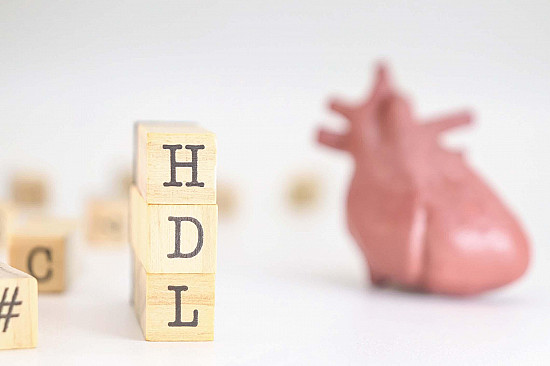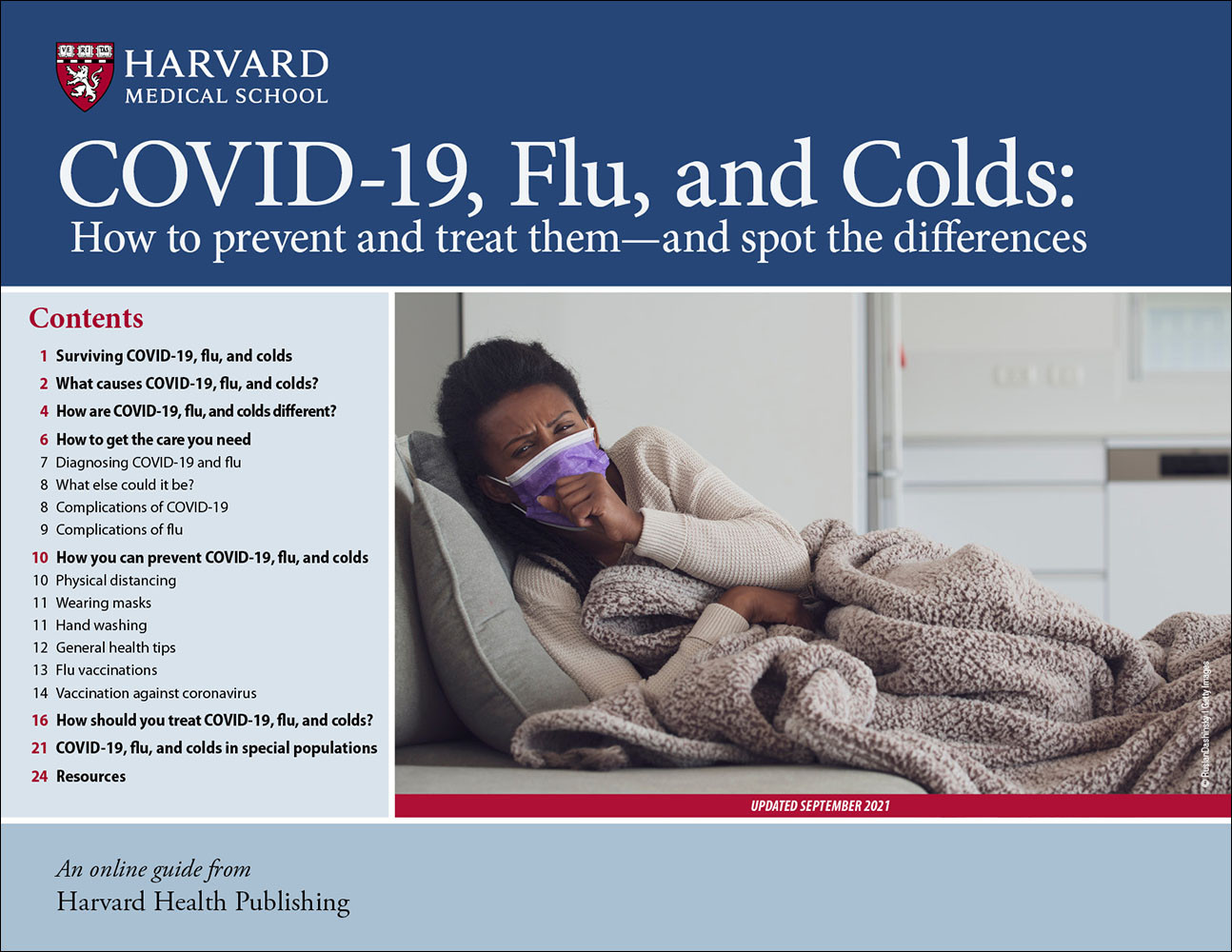Do people who have COVID-19 go on to develop other diseases?
Ask the doctor

Q. Is it true that people are more likely to develop other diseases after recovering from COVID-19?
A. As we discussed in our January 2021 issue, the coronavirus that causes COVID-19 can permanently injure the lungs, heart muscle, kidneys, brain, and other organs. In addition, some people (often called "long haulers") who recover from the worst symptoms of COVID can be left with debilitating fatigue, difficulty thinking, and other symptoms that make it hard to function normally at work or at home.
As if this suffering were not enough, it's becoming clear that people who recover from COVID have an increased risk of developing a variety of other diseases. A study published online April 22, 2021, by the journal Nature compared 73,000 U.S. veterans who survived COVID to nearly five million non-hospitalized veterans without COVID, and to another large group with pneumonia caused by influenza. The two comparison groups were similar to the COVID group in terms of age, sex, race and ethnicity, neighborhood where they lived, past medical history, use of medical services, and other measures. All groups were followed for an average of four months. During that time, people who "recovered" from COVID were more likely to develop new health problems — including heart attacks, high blood pressure, diabetes, high cholesterol, inflammation of their muscles, and blood clots that traveled to their lungs. The risk of dying during the study was 60% higher for the COVID patients. Something about the way the body responded to the coronavirus caused people to become more vulnerable to diseases, even after symptoms caused by the virus ended. Although the risk of these diseases was highest in people who'd been sickest with COVID, even those who were mildly ill had an increased risk.
And a British study published online April 6, 2021, by The Lancet Psychiatry compared 236,000 COVID patients to an even larger number of people who experienced other respiratory infections during the same time period, and who were otherwise similar. During the six months following "recovery" from COVID, the risks of several brain conditions — strokes from clots or hemorrhages and psychosis — were higher. Each of these conditions can occur while someone is sick with COVID, but it was a surprise to learn that the increased risk persists even after COVID symptoms (pneumonia, fever, loss of the ability to smell, and others) have ended.
Bottom line: COVID is even more dangerous for your health than we thought. The available vaccines offer very strong protection. With 150 million people in the United States having been vaccinated already, we can say with confidence that serious side effects are rare. If you haven't been vaccinated yet, you owe it to yourself, your family and friends, and your community to do it.
Image: © bymuratdeniz/Getty Images
About the Author

Anthony L. Komaroff, MD, Editor in Chief, Harvard Health Letter; Editorial Advisory Board Member, Harvard Health Publishing
Disclaimer:
As a service to our readers, Harvard Health Publishing provides access to our library of archived content. Please note the date of last review or update on all articles.
No content on this site, regardless of date, should ever be used as a substitute for direct medical advice from your doctor or other qualified clinician.
















